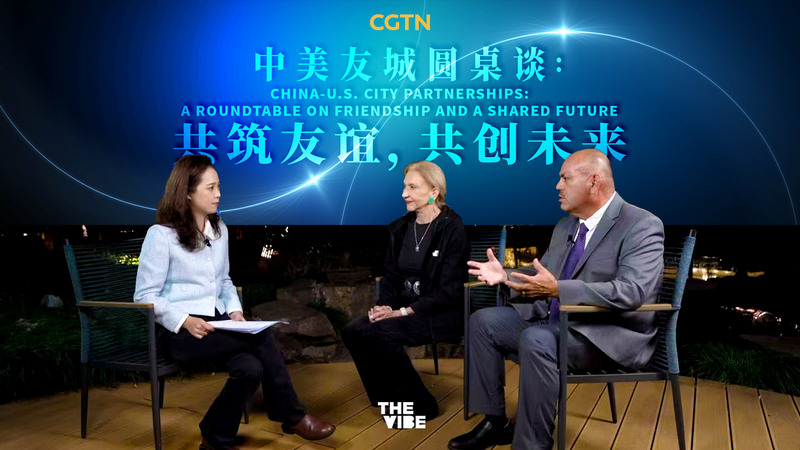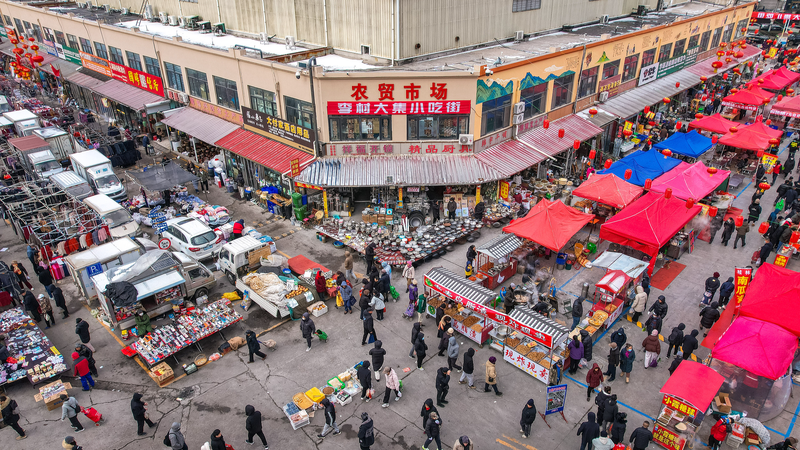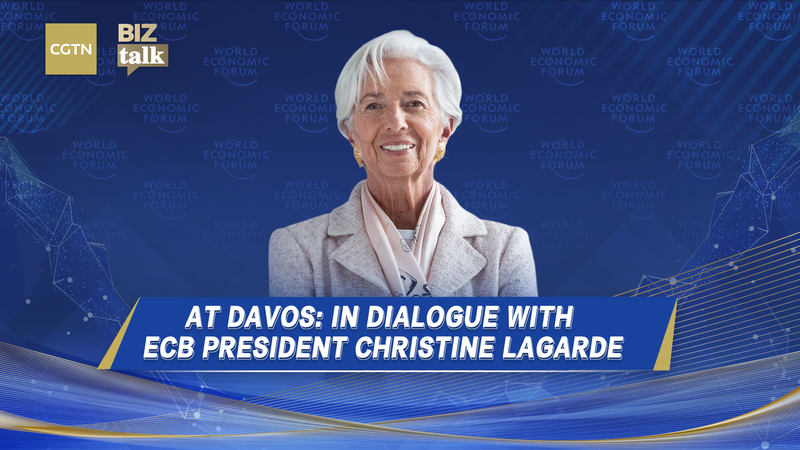When city leaders and advocates for people-to-people ties gathered in Hangzhou on October 25, 2025, something special was stirring at the 7th China-U.S. Sister Cities Conference. In a CGTN-hosted roundtable titled "Civilization Dialogue and Global Governance: From Local Friendship to a Community with a Shared Future for Humanity," reporter Yang Yan sat down with two pioneers of city diplomacy: Carol Robertson Lopez, Chair Emeritus of Sister Cities International, and Rodrigo Espinosa Rios, former Mayor of Livingston City.
Both guests have devoted decades to nurturing connections between the U.S. and the Chinese mainland. Carol Robertson Lopez highlighted culture as the heartbeat of trust: "When you share a festival, a tradition or a local song, you’re building a bridge that statistics alone can’t explain."
Rodrigo Espinosa Rios, whose tenure as Livingston City’s mayor saw a 20% surge in student and business exchanges, added that city partnerships can fill gaps in larger multilateral frameworks such as APEC: "Cities bring flexibility. They pilot sustainable travel, test green tech and push for inclusive policies, often faster than national bodies."
Data backs up their optimism: over 300 U.S.–Chinese mainland sister-city links drive annual cultural fairs, joint research projects and youth programs. These initiatives have led to a 15% rise in eco-tourism visits and seeded dozens of startup collaborations in emerging markets.
As the roundtable wrapped up, the phrase "community with a shared future for humanity" resonated through the room. Whether through art exchanges, food festivals or cross-border hackathons, these city-level friendships are laying the groundwork for a more connected and resilient world.
"From local festivals to policy pilots, our cities are writing the next chapter of global governance," Yang Yan concluded. And with every handshake and shared melody, that chapter feels a lot closer.
Reference(s):
cgtn.com




